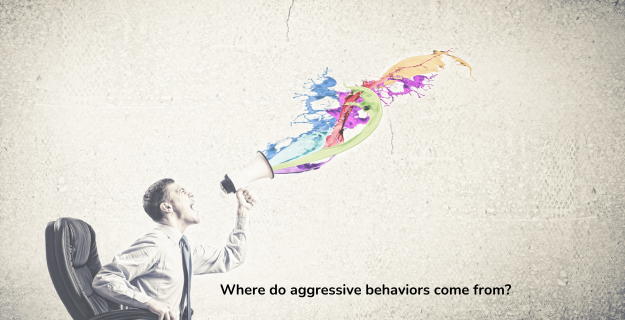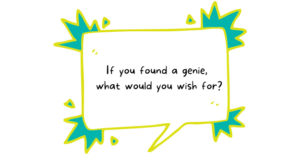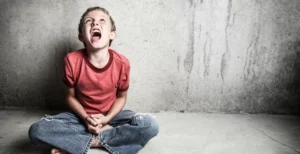“Aggression is not the problem, it is the outcome of the problem.- Caesar Millan”
Every behavior stems from something. There is always a reason why people behave the way they behave. There could be triggers, which could be biological and/or environmental. Aggressiveness seems to be a natural part of life that is present in everyone to some degree. Psychologists have dedicated a lot of time and energy to studying the root causes, processes, and consequences of aggressive behavior. Some are deeply hidden and some are explicitly clear. You might come across behavior that is direct, indirect, physical or verbal, psychological or relational, intentional or unintentional.
Aggression and Teenage are a difficult, exhausting, and worrying combination. An aggressive teenager is a threat to himself, his family, and society. It is indicative of a disturbed state of mind, trying to deal with external and internal adversities. Aggression is a piece of information filled with messages that need careful decoding by a caretaker. It needs a response rather than a reaction.
Understanding Teenagers FIRST!
Before addressing teenage aggression, it is necessary to understand the difficult changes that they go through. A young teenager is quietly juggling through the bodily changes affecting their state of mind. It is a period of transition where hormones are doing their job with great energy and enthusiasm. Generally, young people are often aggressive or apathetic and have mood swings. They are understanding life in the best possible ways, simultaneously trying to control their hard-hitting emotional and physical changes. It’s a phase where they aren’t fully emotionally developed yet and are often unable to cope with difficult and negative emotions.
So, where does it stem from?
Researchers explain that there isn’t a significant relationship between genetic makeup and aggressive behavior. It’s more of the interaction between biological and environmental factors that would make one more or less prone to aggressiveness. On the other hand, aggression between human beings is socially regulated.
The factors could be many, it could start at home due to a disturbed family situation, parental behavior, parent-child relationship, the quality of interaction, parenting styles, and/or the environment outside the home such as relatedness to aggressive company, being around people who demonstrate power, aggression or engaging in harmful activities or exposed to damaging internet content.
1. External influences are to blame, repetitive exposure becomes a way of life!
2. Curiosity kills man! One could become aggressive with time because of observing
other people doing it.
3. Social factors include triggers instigating behaviors, the perception of being treated
low feeling unloved, and ignored, and probably a social rejection.
4. Exposure to images or objects present in the situation that activate aggressive thoughts.
5. Environmental factors such as physical, emotional, or social discomfort, certain
behaviors of people could act as triggers to aggressive behavior.
6. Cognitively, there could be a moral disconnection. Struggles to keep up with the values
and the belief system, difficulties in respecting and maintaining boundaries, and poor
self-esteem.
What to do then?
1. Evaluate. Seek help and support. Observe the teenager, observe the behavior. It isn’t about the child as a whole, it is just one specific behavior. Do not generalize the entire personality as aggressive. Focus on one behavior at a time!
2. Collaboratively establish rules and define boundaries. It is essential to convey the child that boundaries are to protect oneself from harm or damage. Set rules, talk it out, explore challenges and focus on overcoming difficult emotions!
3. Become a hero!- Parents can work hard to be the ‘go-to people‘ for every teenager. A teenager may not share everything that happens around every day, but it is ‘good’ parenting if a teenager openly approaches home during a crisis. That’s some good work done!
4. Provide an emotional toolbox!- We all know it shouldn’t be done, but we need to know the control mechanisms and deal with triggers. It is about solutions. Teenagers could be equipped to ‘deal’ with difficult emotions. Talking about staying calm, skills to avoid worsening the situation, addressing the emotions, self-control, paying attention to body reactions and changes, taking a time out, and expressing emotions in a safe space.
In conclusion, parents have an immense power to help in regulating the emotions of their child, provide a safe space and have a positive influence. The best way to deal is to evolve with them, keep the channels of communication smooth, consistent, and open, embrace their developmental changes, and believe!
Convey to them that you are ready to share, support, and care!






